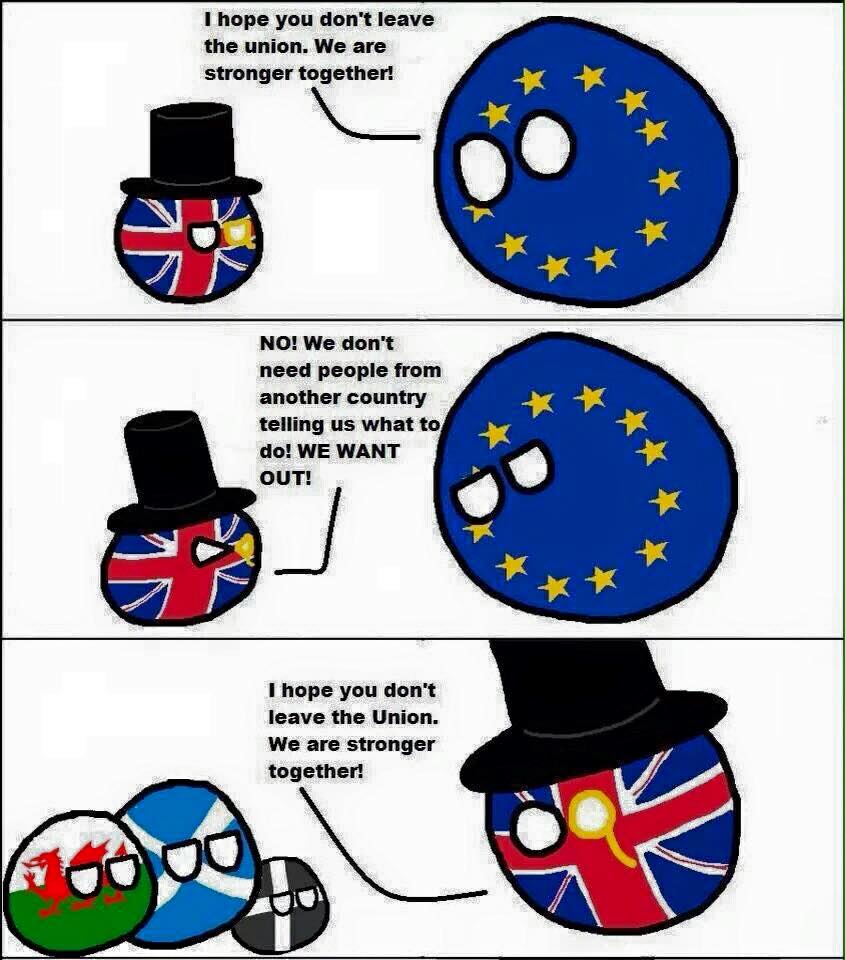The curious thing is that Brexit was supposed to be about “taking back control”: immunising the country from foreign whim and interest, while asserting national dignity and independence. Increasingly that looks like a bad joke. The British elite feels it has no choice but to prostrate itself before an American president it clearly finds odious. To keep businesses from moving elsewhere, Britain may have to shadow EU regulations and pay into EU programmes without the chance to shape either. Its trade deals will be forged with a fraction of the negotiating force that has long promoted its interests. That means more concessions to the tariff and regulatory preferences of foreigners. Its application to become a full member of the World Trade Organisation is yet another opportunity for others to impose conditions and costs.
An elusive independence
And pause to contemplate Mrs May’s threat to turn Britain into a tax haven if it gets a poor deal in Brussels. The prime minister is politically almighty. She faces virtually no serious opposition or credible rivals within her Conservative Party, which is close to record highs in the polls. Her premiership’s raison d’être is to make the social safety net stronger for “just about managing” citizens. Yet if foreign leaders decide not to make concessions, she says she will be forced to rip up that plan and do the very opposite: slash public services and regulation. Some “control”, that.
A fact of the modern world, sadly overlooked in the referendum, is bringing itself to bear on Britain: control and autonomy are not the same thing. The country is party to some 700 treaties, member of myriad international organisations and spends tens of billions on a nuclear deterrent unusable without America (this week it transpired that, at Washington’s behest, Parliament had been kept in the dark when a missile went off course in a test). In each of these cases, Britain trades pure self-determination for real influence: the ability to shape its economic, security and environmental circumstances. Its membership of the EU is just one of many such deals. Leaving the club reinstates some control to Britain but requires it to trade away control in other ways. Will the result be a country any more able to chart its own course, as chosen by its own democratically elected leaders? Watch the prime minister’s excruciating embrace of Mr Trump and decide.


